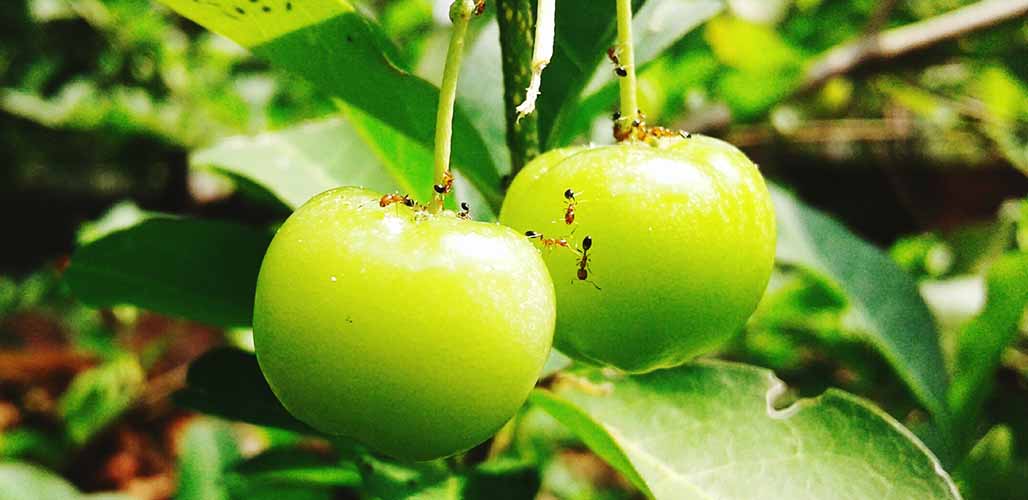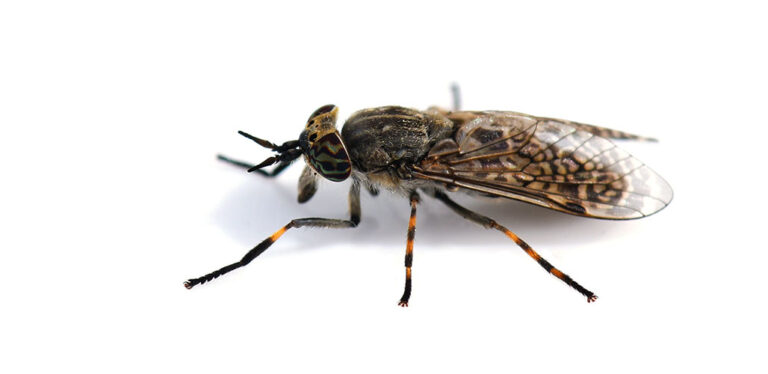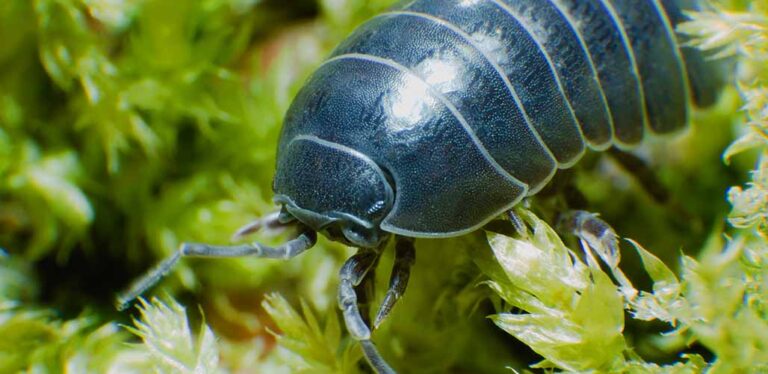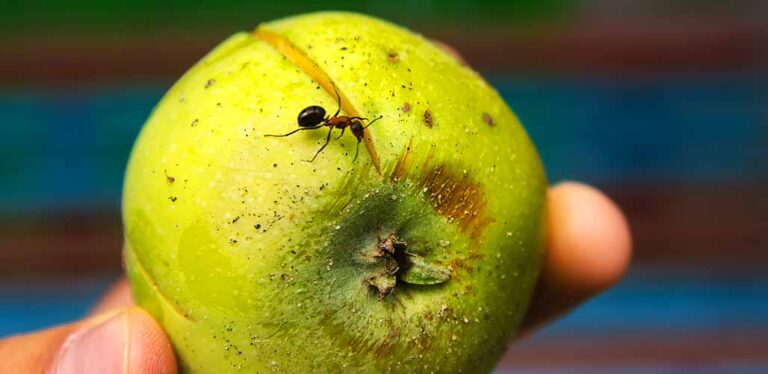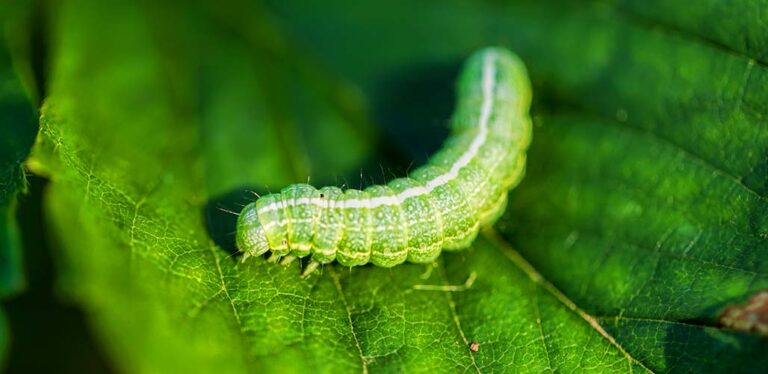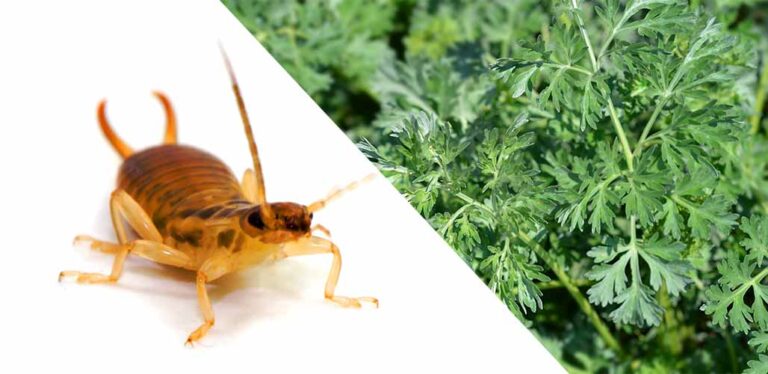Will Ants Harm My Tomato Plants?
I was all set to harvest the lush, ripe tomatoes in my garden when I noticed that they were crawling with ants. But will ants harm my tomato plants, or will they still go on fruiting normally? While the sight of them was disconcerting, I’ve learned that ants aren’t interested in my tomatoes, and their presence isn’t necessarily detrimental to tomato plants at all. But, they could be a sign there are other more threatening pests lurking in my garden.
Contents
- Will ants harm my tomato plants?
- Why are there ants on my tomato plants?
- Should I remove ants from tomato plants?
- Benefits of having ants in your garden
- How to get rid of ants without harming your plants
Will Ants Harm My Tomato Plants?
If you spot ants on your tomato vines, rest assured they aren’t attacking your crop. They only want to devour the honeydew other insects living under the leaves leave behind. However, there is a chance that a heavy ant infestation of ants could destroy the plant’s leaves or even damage the roots of a young tomato plant if they dig around the soil and affect its stability.
Why Are There Ants on My Tomato Plants?
Ants do not eat tomatoes. The presence of ants on tomato plants is actually an indication that you have an infestation of other insects. Aphids and whiteflies produce copious amounts of honeydew, a sugary excretion favored by ants as a food source. So, ants will live on tomato plants for easy access to honeydew.
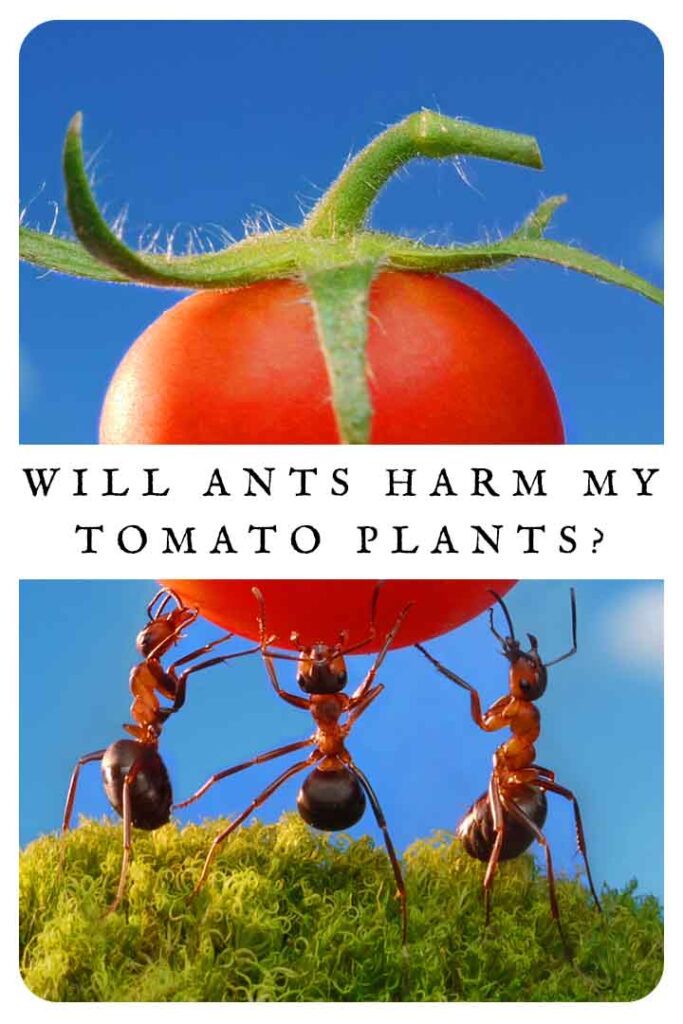
Should I Remove Ants from Tomato Plants?
Ants on tomato plants are a bit of a balancing act. You want to get rid of the ants without harming the plant. While the ants don’t directly attack the plant, they do tend to hang out in large numbers and could potentially become a problem. However, there are some benefits of having ants in your garden. The goal should be to reduce their numbers without complete elimination.
Benefits of Having Ants in Your Garden
- Soil aeration
- Pollination
- Pest reduction
Soil Aeration
Ants are great at digging tunnels into the soil, which keeps it from getting compressed and allows the plant roots to get the water, oxygen, and nutrients they need to thrive.
Pollination
As ants move among the flowers in your garden, pollen clings to them. This allows them to act as pollinators, which is very beneficial if you don’t have any bees visiting.
Pest Reduction
Ants can help control other garden predators by eating the eggs and babies of more harmful pests.
How do I Get Rid of Ants on Tomato Plants Without Harming the Plants?
If your tomato plants are infested with too many ants, there are numerous ways to get rid of them. The following are natural solutions easily found in your kitchen that have none of the unwanted lasting effects of synthetic insecticides.
- Diatomaceous earth
- Lemon spray
- Growing fragrant herbs and plants
- Coffee grounds
- Cayenne pepper
- Water and soap
Diatomaceous Earth
Since ants are usually attracted to tomato plants for the honeydew produced by other insects, it makes sense to get rid of those other pests. Diatomaceous earth consists of the silica skeletons of tiny aquatic organisms. Applying this substance to the tomato plant’s leaves and around the roots causes pest species to dry out and die.
Lemon Spray
Mix one cup of water with one cup of lemon juice in a spray bottle and spray the solution directly on the ants. You can also put lemon peel in the pot or at the base of the plant in your garden. Lemon is believed to deter them by covering the ants’ scent trails with its strong acidic aroma. Orange peel will have the same effect. Be careful of spraying dilute lemon juice directly onto your plants, because it could increase the risk of them getting sun scorched.
Grow Fragrant Herbs and Plants
Ants rely on detecting the pheromones of other ants to lead them to food, which is why introducing other aromatic plants near your tomatoes can throw them off the scent. The following fragrant plants can do a great job of deterring ants away from your tomato plants.
- Basil
- Lavender
- Chrysanthemum
- Mint
- Marigold
- Rosemary
- Thyme
- Eucalyptus
- Pennyroyal
Coffee Grounds
Coffee grounds possess a strong odor that tends to repel ants from tomato plants. Plus, you get the added bonus of a natural fertilizer since coffee grounds are rich in nitrogen and contain other minerals, such as calcium, potassium, iron, phosphorus, magnesium, and chromium.
Cayenne Pepper
Sprinkling a ring of cayenne pepper around the base of your tomato plant or mixing two tablespoons with a cup of water and spraying it on the plant is another natural deterrent for ant populations. Black pepper or cinnamon will provide similar results.
Water and Soap
If you know where the ants’ nest is you can try pouring boiling water into it. But don’t use boiling water directly on your tomato plants. Another option is to add one teaspoon of dish soap to a pint of warm water and spray it directly on your plants to get rid of ants.
Target the Reason Ants are on Your Tomato Plants
As discussed, it’s not the tomatoes that are attracting ants to your plants but the honeydew produced by other pests like aphids. So, it makes sense to target the source of the problem.
Will Aphids Harm My Tomato Plants?
Aphids are little bugs that tend to cluster in large numbers in the stems and the underside of leaves. They feed on the juice of the tomato plant, which can harm or even kill it.
How Can I Get Rid of Aphids on My Tomato Plants?
The easiest ways to get rid of aphids is to use an organic pesticide like neem oil, or buy beneficial predators, like ladybugs. Alternatively, if you’re not squeamish you can rub them away with a thumb and forefinger.
Will Ants Harm My Tomato Plants? – Summary
In most cases, ants will not harm tomato plants. They’re not interested in your tomatoes. They only want access to the honeydew other insects produce. In fact, ants can actually help reduce the population of other pests. The only time ants pose a threat to your tomato plants is if you have a massive infestation. If this occurs, there are numerous natural and inexpensive ways to reduce their numbers in your tomato patch.

